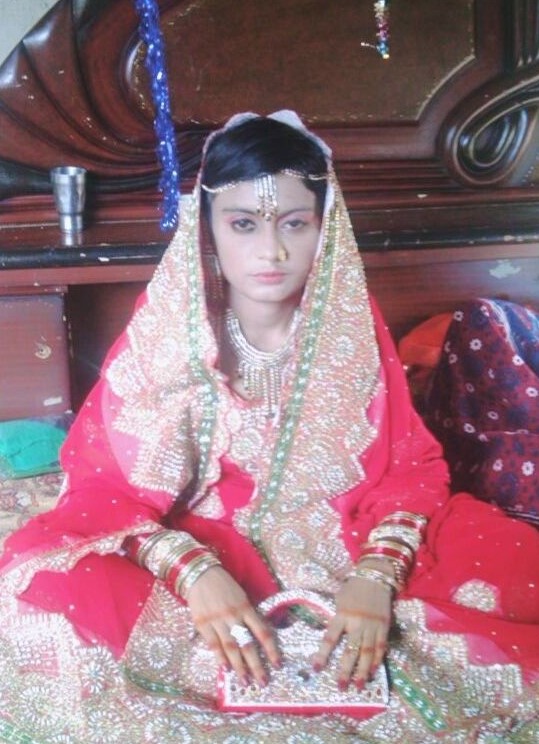As the sun came up in Jhangesar, a small fishing village in Sindh, anxiety started creeping up on ten-year-old Shaheen. The strong scent of rose and henna filled the air. In a few hours from now, her relatives would start arriving at their home. Shaheen’s parents have found her a husband who is a year younger than her; it is their Nikkah (marriage) today. Shaheen sits in a small room, amidst traditional song and dance, with a sinking heart. When the moment arrives, her grandfather recites some verses from the Noble Quran and solemnizes her Nikkah in the presence of two witnesses.
“It is not uncommon for girls in our village to be married at a very young age. It is a long-standing custom that often means end of education for them,” recounts Shaheen, who is 20 years old now. “Soon after my Nikkah, my relatives started persuading my father to arrange my Rukhsati so I could move in with my husband. My parents were about to give in to the pressure but I stood up for myself; I wanted to continue my studies and become a teacher,” she says.
Every year Shaheen’s parents would insist that she quit school. Each time her school began a new academic year, she was told it would be her last. That would have been true if it wasn’t for Shaheen’s tenacity and support from Ms. Farzana, her principal at the TCF School, who convinced Shaheen’s parents each time to let her stay a little longer.
Despite the opposition, Shaheen continued to work hard. When she aced her Board exams, it was Ms. Farzana who encouraged her to begin preparation for college and appear as a private candidate. “There was no college in our village, so she helped me study. She even paid my exam fees,” shares Shaheen.
Today, Shaheen is pursuing a Bachelors in Arts. Her marriage was formalized along the way and she now lives with her husband who is also a TCF school graduate and stands by her side to support her dreams. For the last three years, Shaheen has also been teaching at the same TCF school – helping other girls pursue their dreams.
“I want to be a pillar of support for my students just like Ms. Farzana was for me,” she says. “My struggle is not just for myself, but for all the girls in my community who have the right to learn and become what they want to be,” reaffirms Shaheen.






